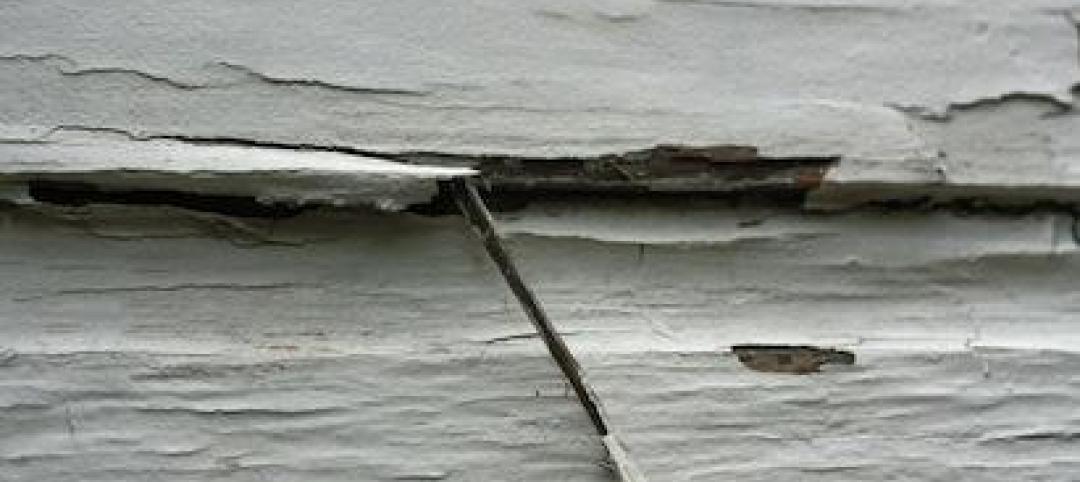New York State recently adopted emissions limits on concrete used for state-funded public building and transportation projects. It is the first state initiative in the U.S. to enact concrete emissions limits on projects undertaken by all agencies, according to a press release from the governor’s office.
The rule goes into effect on Jan. 1, 2025, and requires that environmental product declarations (EPDs) be submitted for all concrete mixes used on qualifying state-funded projects. The new Buy Clean Concrete guidelines apply to Department of Transportation projects exceeding $3 million and using at least 200 cubic yards of concrete. For other state agencies, the rule applies to projects costing more than $1 million and using more than 50 cubic yards of concrete.
The guidelines include exceptions for emergency projects and those requiring high-strength or quick-cure concrete.
“These actions will send a clear market signal to concrete producers in New York State and the Northeast region to disclose the carbon content of their products and reduce the associated GHG emissions,” said Rebecca Esau, AIA, manager in Rocky Mountain Institute’s Carbon-Free Buildings Program.
Related Stories
| May 27, 2013
Bipartisan legislation filed to revamp EPA lead rule
Bipartisan legislation has been introduced in the U.S. House of Representatives to reform the Environmental Protection Agency's (EPA) Lead: Renovation, Repair and Painting (LRRP) Rule.
| May 23, 2013
Are design-build contracts killing small architecture firms?
Are federal design-build contract laws unfair to small firms? AIA thinks so, citing an interesting fact: an architecture firm spends a median of $260,000 to compete for a design-build project.
| May 15, 2013
New York City Council okays plans for Cornell's huge net-zero tech campus
Cornell University's proposal to build a two million sf tech campus on Roosevelt Island has been approved by the New York City Council.
| May 9, 2013
New developments would face tougher stormwater rules than redeveloped sites under EPA proposal
New developments would have to meet more stringent stormwater-retention standards than redeveloped sites under a forthcoming Environmental Protection Agency proposal.
| May 1, 2013
House bill would give OSHA more authority over state workplace-safety plans
A recently introduced U.S. House of Representatives bill would give the Occupational Safety and Health Administration (OSHA) more authority over state workplace-safety plans and toughen penalties for companies that knowingly violate OSHA regulations.
| May 1, 2013
New commercial landlord disclosures go into effect in California in July
Two new landlord disclosure requirements become effective in California on July 1, 2013.
| Apr 24, 2013
North Carolina bill would ban green rating systems that put state lumber industry at disadvantage
North Carolina lawmakers have introduced state legislation that would restrict the use of national green building rating programs, including LEED, on public projects.
| Apr 10, 2013
EPA proposes emissions rules affecting light construction vehicles
The Environmental Protection Agency has proposed air-pollution standards that it says will reduce the amount of sulfur in U.S. gasoline by two-thirds and impose fleet-wide pollution limits on new vehicles.
| Apr 10, 2013
23 things you need to know about charter schools
Charter schools are growing like Topsy. But don’t jump on board unless you know what you’re getting into.
| Apr 5, 2013
No evidence that mandatory building energy labeling improves efficiency, study says
The Building Owners and Managers Association (BOMA) International and the Greater Boston Real Estate Board (GBREB) released a report, “An Economic Perspective on Building Labeling Policies,” that questions the efficacy of mandatory building energy labeling.












